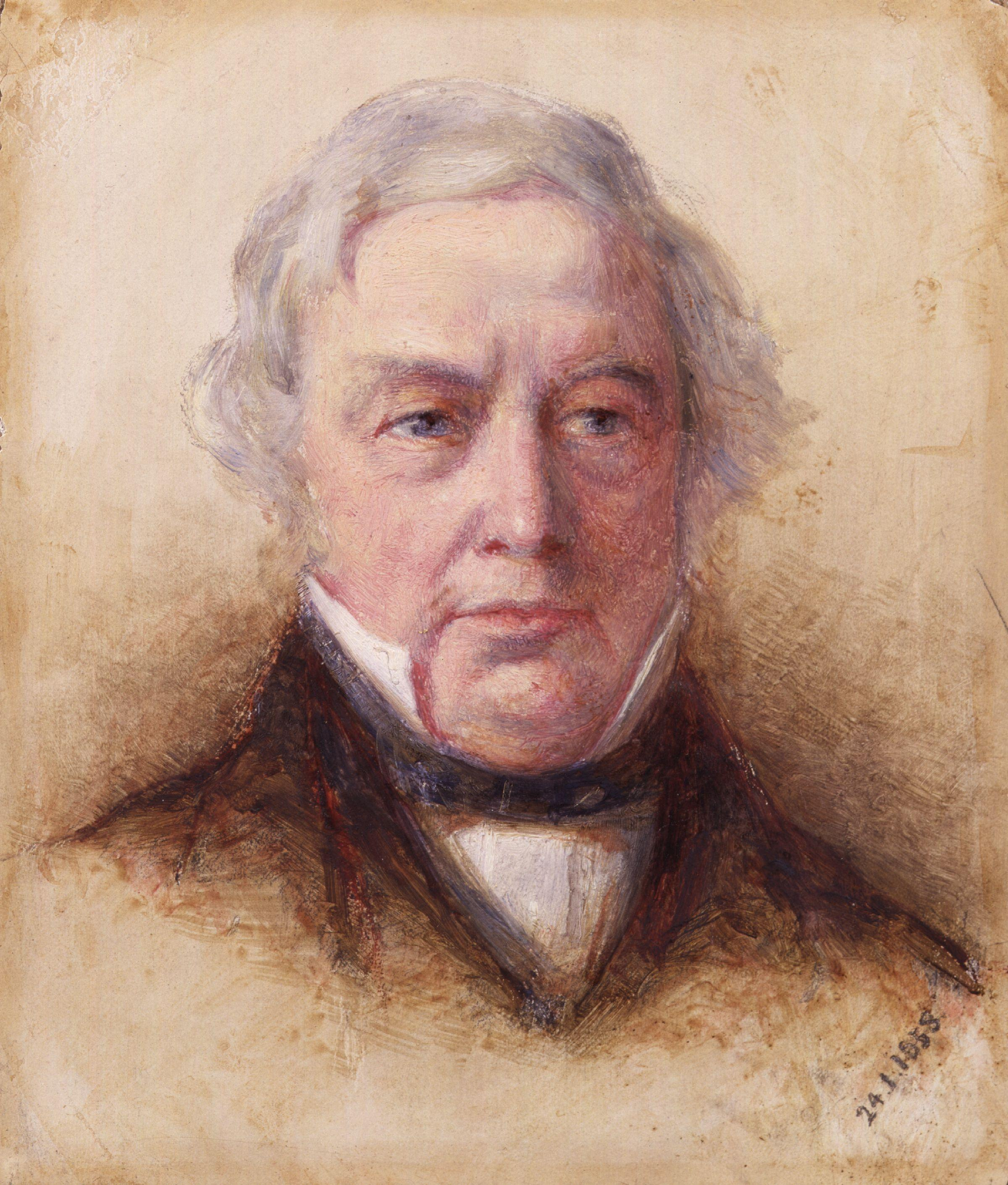Crotchet Castle, chapter IX. Though not named, the author under discussion is clearly Sir Walter Scott.
Thomas Love Peacock: Cytaty po angielsku
“Marriage may often be a stormy lake, but celibacy is almost always a muddy horsepond.”
Melincourt, chapter VII (1817).
“Respectable means rich, and decent means poor. I should die if I heard my family called decent.”
Crotchet Castle, chapter III (1832).
“I almost think it is the ultimate destiny of science to exterminate the human race.”
Gryll Grange, chapter XIX (1860).
“I never failed to convince an audience that the best thing they could do was to go away.”
Crotchet Castle, chapter XVIII.
“The waste of plenty is the resource of scarcity.”
Melincourt, chapter XXIV.
"The War-Song of Dinas Vawr", stanzas 1 and 3, from The Misfortunes of Elphin, chapter XI (1829). In the same chapter this is described as "the quintessence of all the war-songs that ever were written, and the sum and substance of all the appetencies, tendencies, and consequences of military glory".
